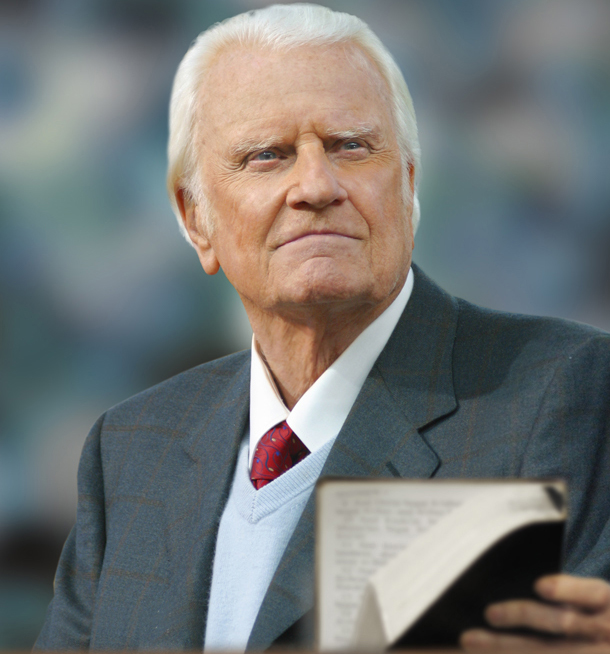
![]()
 Jonathan Pettigrew doesn't remember anything about his 100-foot fall down a Colorado mountain in December 2002. He, instead, relies on the accounts of friends who watched over his lifeless body during the two-hour wait for rescue personnel.
Jonathan Pettigrew doesn't remember anything about his 100-foot fall down a Colorado mountain in December 2002. He, instead, relies on the accounts of friends who watched over his lifeless body during the two-hour wait for rescue personnel.
Now, less than three years since his near-fatal descent of Cheyenne Canyon, near Colorado Springs, Pettigrew, the Baptist Collegiate Ministry (BCM) director at Indiana University-Purdue University, Indianapolis (IUPUI), shares with college students many of the lessons he's learned throughout his miraculous recovery.
Pettigrew, a US/C-2 missionary with the North American Mission Board (NAMB), is being featured during the 2005 Week of Prayer for North American Missions, March 6-13. He is among nearly 5,200 missionaries in the United States and Canada supported by the Annie Armstrong Easter Offering for North American Missions. The theme for this year is "Answer His Call."
"If you look at everything that happened, I should be dead, or I should be brain damaged, or I should be paralyzed," Pettigrew says. "Those are the three options that are common from these types of injuries and this type of trauma."
When Pettigrew landed face down on the canyon floor, he had shattered his right hip and broken his neck, pelvis, right leg, and left kneecap.
Doctors suspect the cold air that enveloped the mountain range after sundown lowered his body temperature, likely preventing him from bleeding to death. At the same time, had rescuers arrived a few minutes later, Pettigrew most likely would have died of hypothermia.
Following the accident, doctors predicted it might take two years for Pettigrew to walk again under his own power. But five months later, including a twelve-hour semester course load, he walked across a stage to receive his diploma from Angelo State University in Texas.
Still, the twenty-three-year-old, who had been training for competition in a triathlon prior to the accident, is hesitant to describe the perilous turn of events as "life changing." Instead, he prefers to explain his improbable journey as "life shaping."
"My God is way too sovereign to have to change His plans for my life," Pettigrew says.
"Who I am is what God has built into me from the accident," says Pettigrew. "It's part of me. It's not just an event. God has taught me so many things."
A three-week stay in the hospital followed by ten months in a neck brace, including four months confinement to a wheelchair, provided Pettigrew plenty of time to re-examine his priorities and goals in life.
"I want people to rejoice and understand that we serve an all-powerful God who is sovereign over details, like medical things and circumstances, and I want that to motivate others to trust God, to trust Him explicitly in everything."
It's that same conviction and mindset that shapes Pettigrew's ministry on the 28,000-student IUPUI campus where he is establishing the school's first Southern Baptist student organization.
Pettigrew spends a lot of his time establishing and leading small group Bible studies and conducting religious opinion surveys with students on campus. Conducting surveys helps Pettigrew meet students and share his faith in Christ.
Christian college students, like many believers, tend to compartmentalize their faith rendering it largely insignificant in their daily lives, Pettigrew says.
"My prayer since I've been here is for a (Christian) revolution. A revolution is a drastic change in thought that displays itself in total commitment radically affecting lifestyle patterns."
"Service is your life. Worship is your life. Offer your bodies as a living sacrifice because that's reasonable," adds Pettigrew, referencing Romans 12:1-2.
"Too many people have this wrong mentality in Christianity that says worship only happens on Sunday morning and prayer only happens on Wednesday night.
"But until worship becomes more than a service, and until prayer becomes more than a meeting, and until missions becomes more than a trip, Christians are never going to understand the depth of God in us because Christianity is more about being than doing."
Yet Pettigrew says he's convinced that when a Christian experiences an intimate relationship with Christ, a life of ministry and service are natural by-products.
"I think ministry is what is going to flow out of your character, and I think God has developed my character because of what He has brought me through," Pettigrew says.
Pettigrew is quick to challenge anyone who assumes God's call on his life is more profound than any other Christian.
"There's just as much a reason that you're alive as I am," he says. "God has just as much of a plan, just as much of a call on your life as He does mine. He is just waiting for you to answer Him."
"When you look back on the day, the only way to measure if it's been a success or not is to ask, 'Have I been obedient to what God has asked me to do today?'
"The only thing that is required of us as believers is to obey God," Pettigrew continues. "That is love, and Christ equates the two. He says you love Me if you obey My commandments."
"I have that peace and joy, and so I know I have answered God's call in my life."
"Everything I do is funded by the Annie Armstrong Easter Offering and the Cooperative Program," Pettigrew continued. "If it was not for that support I would not be serving here."
The Big Picture
About 1,000 Southern Baptist collegiate ministers serve on nearly 1,000 college and university campuses across North America.
The collegiate mission field across North America includes 16 million students.
About 600,000 international students, including many of the world's future leaders, attend U.S. colleges and universities.
Most college students are interested in spiritual matters and are open to discussing them.















